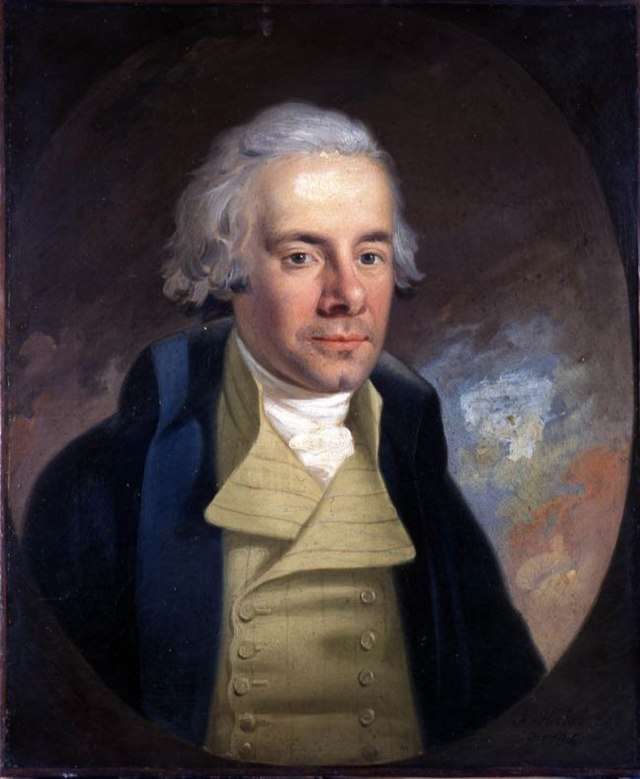
Portrait of Wilberforce House, Hull Museum, Hull City Council by Anton Hickel (Public Domain).
Introduction
William Wilberforce remains a towering figure in the history of social justice and human rights. Known primarily for his relentless campaign against the slave trade in the British Empire, Wilberforce’s life was marked by an unwavering commitment to philanthropy, social reform, and the betterment of humanity.
Early Life and Political Career
Born in 1759 in Hull, England, Wilberforce was a man of deep faith and moral conviction. He entered politics in 1780, becoming a Member of Parliament for Yorkshire. His early career was characterized by a growing concern for social reform and evangelical Christianity.
Fight against the Slave Trade
The most significant aspect of Wilberforce’s career was his tireless campaign against the slave trade. Inspired by his faith and a deep sense of moral duty, he became the leading voice in Parliament advocating for the abolition of the slave trade. His efforts culminated in the landmark Slave Trade Act of 1807, which made the slave trade illegal within the British Empire.
Formation of Various Organizations
Wilberforce’s influence extended beyond the halls of Parliament. He was instrumental in the formation of several organizations, including:
– The Society for the Suppression of Vice, aimed at promoting public morality.
– The Church Mission Society, which focused on spreading Christian teachings and values.
– The Society for the Prevention of Cruelty to Animals, reflecting his compassion for all living creatures.
– The British and Foreign Bible Society, devoted to the dissemination of Christian scriptures.
These organizations reflected Wilberforce’s holistic approach to social reform and his belief in the power of moral and spiritual renewal to effect societal change.
Legacy and Conclusion
William Wilberforce’s legacy is profound and multifaceted. His work laid the groundwork for the eventual abolition of slavery throughout the British Empire and inspired similar movements globally. His dedication to social causes and the establishment of various philanthropic organizations set a precedent for future generations of reformers. Wilberforce’s life exemplifies the power of determination, compassion, and moral conviction in driving societal change, making him not just a historical figure but a perpetual symbol of hope and humanity.

